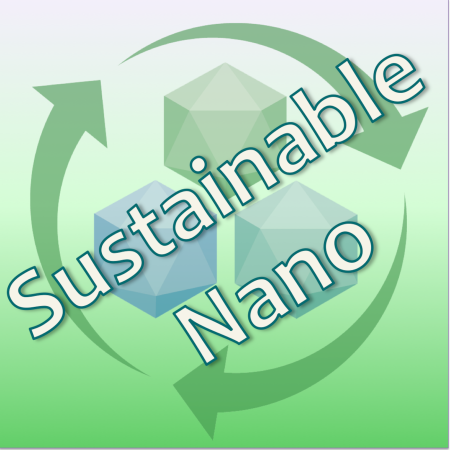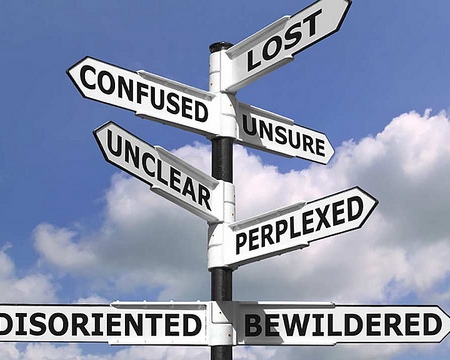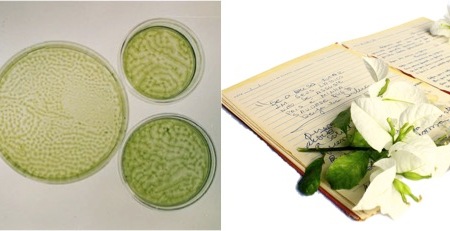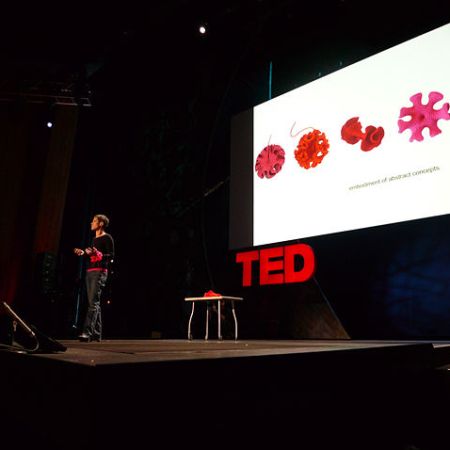
Tag: communication


Podcast Ep 35. Photographing the Unphotographable

Entertaining and Informing: The Art of Fun Science Abbreviations

2017: Sustainable Nano Year in Review

De-Jargonification of Scientific Explications (AKA How to Say Stuff More Simply)

Podcast Ep 13. Communicating About Science with ‘Lab Girl’ Author Hope Jahren

How to Understand Nobel Science? Food!

Let’s Talk About Responsible Science Communication…

Recommended Reading: Spring Break Edition
